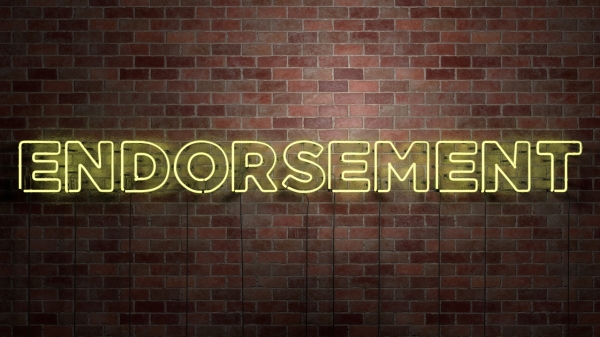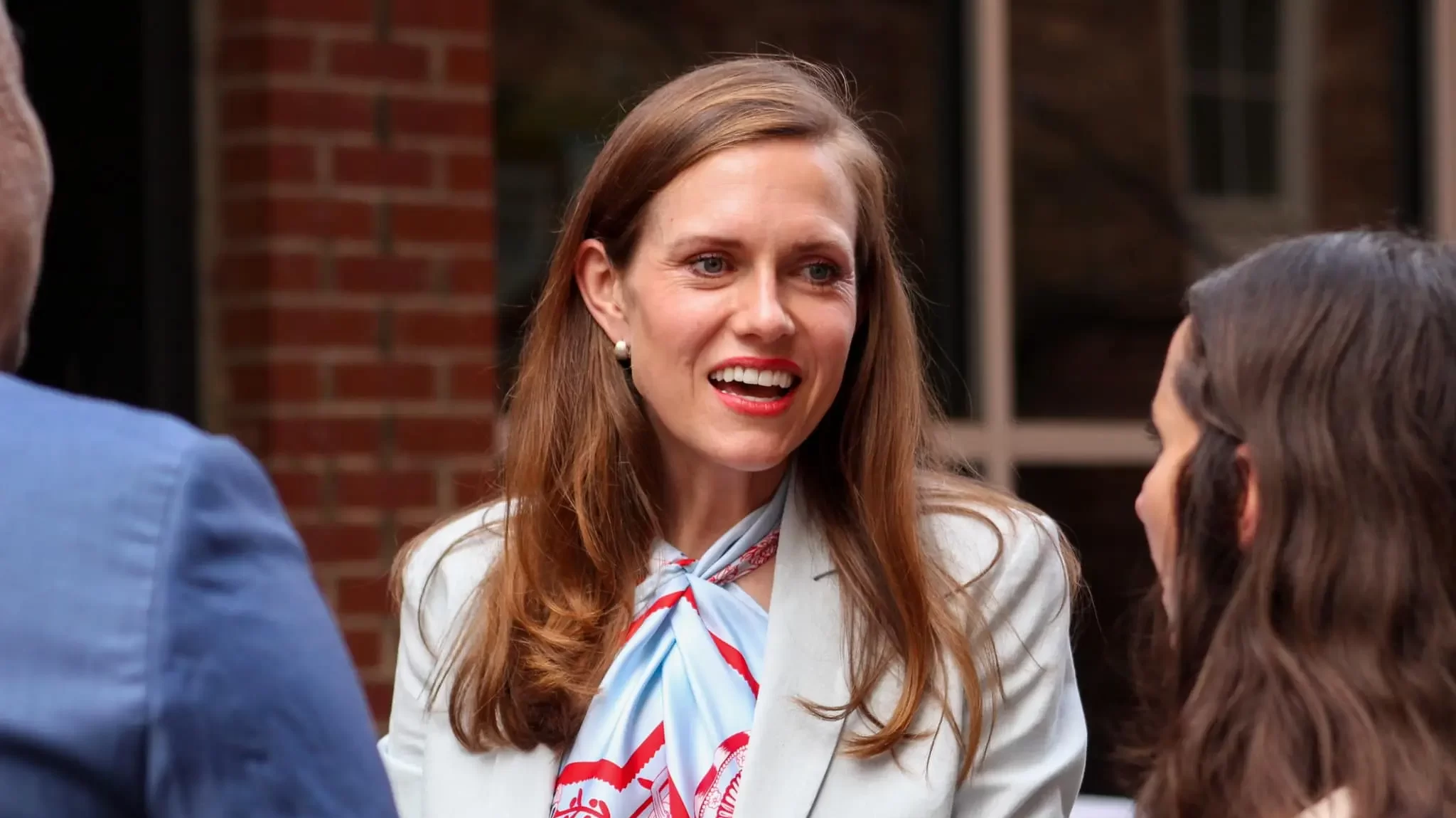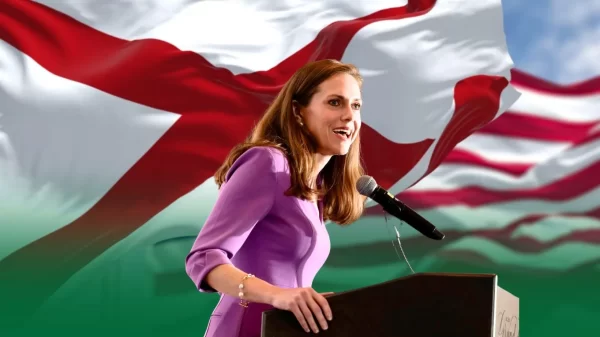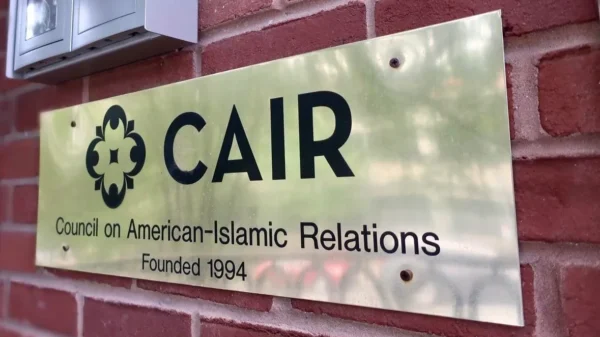Caroleene Dobson, the Republican candidate running for Alabama’s Second Congressional District, announced on Monday that she intends to push for legislation that would require the federal government to disclose specific information to state and local officials whenever “migrants, illegal immigrants, or other foreign nationals are placed in communities.”
“Our government is supposed to be open and transparent and make taxpayers feel safe and secure, but the current federal program of forcing migrants into local communities has been closed and opaque and makes taxpayers feel unsafe and less secure,” Dobson said. “With migrants, illegal immigrants, and others flooding our public school classrooms, emergency rooms, and other public facilities, a skyrocketing percentage of state and local taxpayer dollars are being spent on non-citizens who, traditionally, pay zero taxes themselves.”
Dobson claimed that her proposal was prompted by the Biden administration’s Processes for Cubans, Haitians, Nicaraguans, and Venezuelans (CHNV), which has expanded asylum access for refugees from those four countries. However, that program does not pertain to “illegal immigrants” and all asylum-seekers who enter the country through the program are subject to the U.S. tax code.
In fact, the U.S. Department of Health and Human Services reports that between 2005 and 2019, “refugees and asylees contributed more revenue than they cost in expenditures to the government.”
CHNV provides legal pathways for up to 30,000 nationals from the associated countries to enter the country each month if they have a sponsor in the U.S. and pass a background check. Sponsored parolees are then allowed to live and work legally in the U.S. for up to two years. The program uses a legal mechanism known as “humanitarian parole” meant for providing aid to foreign nationals who are facing humanitarian crises.
Dobson criticized CHNV for being instituted with “questionable legality and no input from Congress,” but the authority to grant parole for a limited period of time — both for urgent humanitarian reasons or for “significant public benefit” — has existed in immigration law for more than 70 years. Humanitarian parole has been granted to individuals of various nationalities by both Democratic and Republican administrations since it was instituted in 1952.
For instance, in 2001, the Bush administration paroled individuals into the United States from the former Soviet Union who had been denied traditional refugee status.
It is unclear, then, why Dobson is attacking the program for being “created without congressional authorization” and for granting “unsanctioned paroles”, when no such authorization is necessary under the law, nor is the parole program a new tool for the executive branch.
Dobson correctly went on to note that the Biden administration will not be extending paroles once their two-year terms expire, but parolees may apply for legal immigrant status or seek other pathways to citizenship.
Still, Dobson believes that more regulation of the program is necessary. Her proposed legislation would require the federal government to report to local and state officials “the number of individuals, their nations of origin, their sponsors, any known criminal records, their estimated length of stay, and projected unreimbursed costs to state and local taxpayers” when migrants are “placed” into communities through programs like CHNV.
Some of that information, including nations of origin and length of stay, is already explicitly stated in the CHNV program, while the inclusion of “projected unreimbursed costs to state and local taxpayers” appears superfluous given that, once again, refugees and asylees provide a net economic benefit to the U.S. government. It is also known how many asylees are entering the country through CHNV, as Dobson herself notes that so far around 530,000 individuals have entered under the program.
Still, Dobson accused the federal government of being “shadowy” and intentionally opaque in its implementation of the program.
“The federal government placed large numbers of migrants into communities in the Second Congressional District and across Alabama in the dark of night without preparation or even the courtesy of notifying local officials,” Dobson said. “People often fear the unexpected and become suspicious when important information is purposely withheld, so the current discord and worry in many of our communities could have been easily avoided with openness, honesty, and a bit of advance notice from the federal officials.”
Although the CHNV program is ending, Dobson noted that her legislation would require disclosure of “essential information if similar shadowy efforts are implemented in the future or if the federal government, its Department of Homeland Security, or other agencies seek to place large numbers of migrants, illegal immigrants, or other non-citizens into communities without first alerting state and local officials.”
Dobson will face off against Democratic nominee Shomari Figures at the polls in November to determine the next U.S. Representative for Alabama’s newly redrawn Second Congressional District.




















































